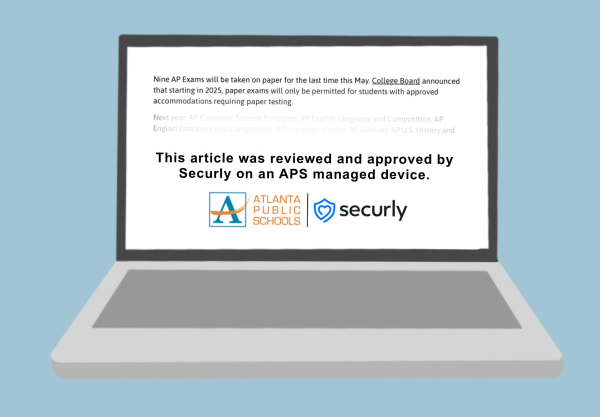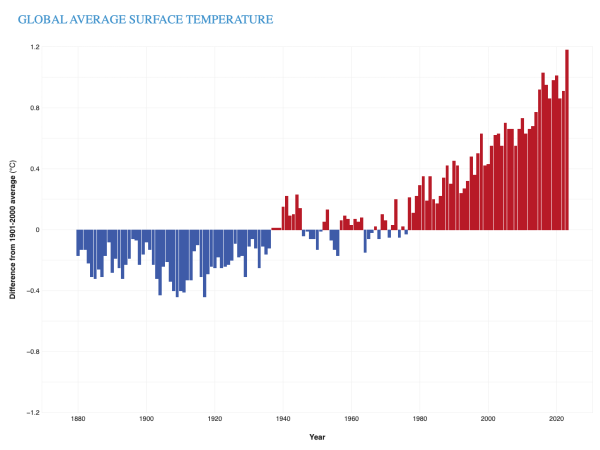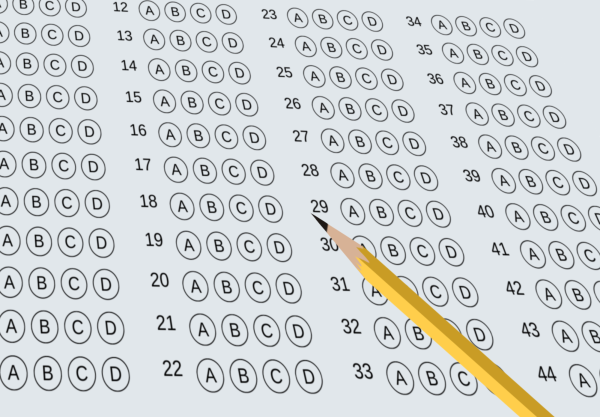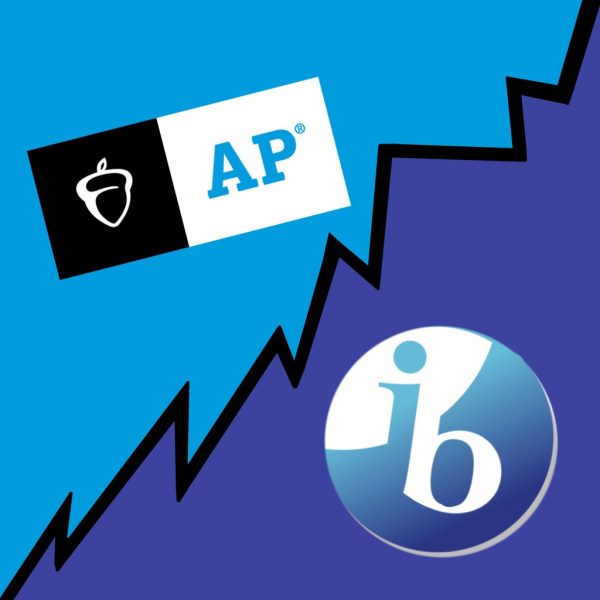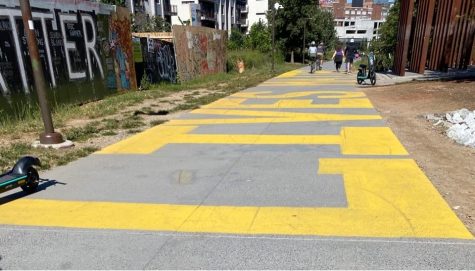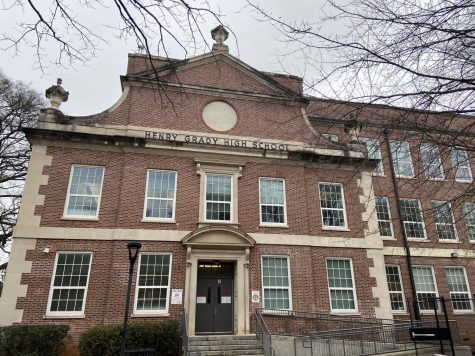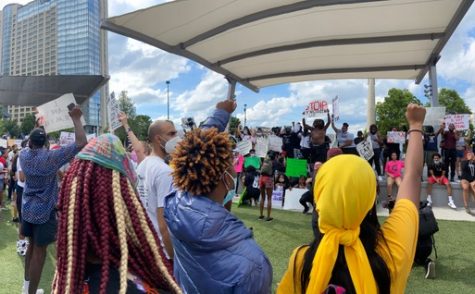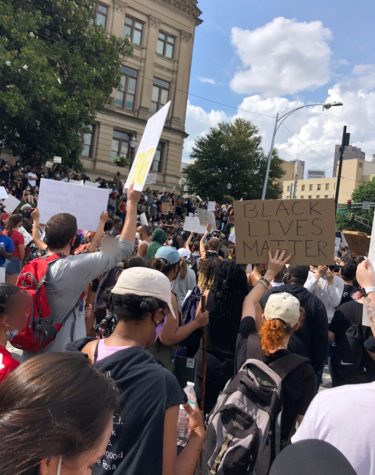School breaks unfairly based around Christian holidays
Angel ornaments are very common during the winter break, which is scheduled around the Christmas holiday.
By Jordan Killenberg
Comment
While American public schools are supposed to be secular, Christianity clearly prevails in most states, as evident through school celebrations and decorations.
When I was at Inman Middle School, I remember the administration setting up decorations meant to celebrate Hanukkah. But instead of setting up a menorah or a display explaining the significance of the holiday, they put up a silver Christmas tree with plastic menorah ornaments and blue lights. This negligence in addressing other religions also carries over to another aspect of school life: extended school breaks.
Two of the longest breaks of the school year, winter break and spring break, almost always include the two major Christian holidays: Christmas and Easter. Since 2015, Atlanta Public Schools’ spring break has been the first full week of April.
This break in the last few years has also taken place within one or two weeks of the Easter holiday. Additionally, the winter break has been moving closer and closer to Christmas, with the start of the break leaving about a week for gift shopping and festivities before the big holiday. This year, winter break begins on Dec. 22, only three days prior to Christmas.
While winter break schedules are generally the same across both public and private schools, spring break schedules differ significantly. Of course, because Easter always occurs in the spring, this break is bound to take place around this Christian holiday every year.
However, St. Pius, a private Catholic high school, is one of the only private schools to have its spring break at the same time as all the metro Atlanta school districts as well as other districts in Georgia such as Montgomery County. These dates are closer to Easter than the breaks of other Atlanta private schools like Lovett and Woodward Academy, which occur in early March. Is it only coincidental that these public school systems share a school holiday closer to Easter with a religiously affiliated school?
Because many schools’ breaks are largely scheduled around Christian holidays, students of other faiths do not get their holidays off from school. For instance, many Jewish students have missed several days of instruction this fall because of Yom Kippur and Rosh Hashanah.
Although these students can obtain excused absences from the school with notes from their synagogue, they still miss classes and must catch up on work, which doesn’t contribute to a healthy learning environment. Many private schools such as Paideia, Pace Academy and Woodward give all of their students a day off for Jewish holidays and argue that this is validated by their large Jewish populations. Public schools should follow suit and allow all of their students at least one day off from instruction during holidays of other faiths instead of sticking to a strictly Christian holiday calendar.
From saying “One Nation Under God,” in the Pledge of Allegiance in elementary school to basing extended school breaks around Christian holidays, American public school systems are biased. As a non-secular country, this underlying favoritism toward Christianity needs to stop in school environments. Steps must be taken toward creating less partial school environments, which includes evaluating public school calendars and determining the underlying truths involved in scheduling around faith-based holidays.
Jordan Killenberg is a senior at Grady and the Lifestyle Section Editor for the Southerner. When she isn't working on the paper, she plays lacrosse for...


